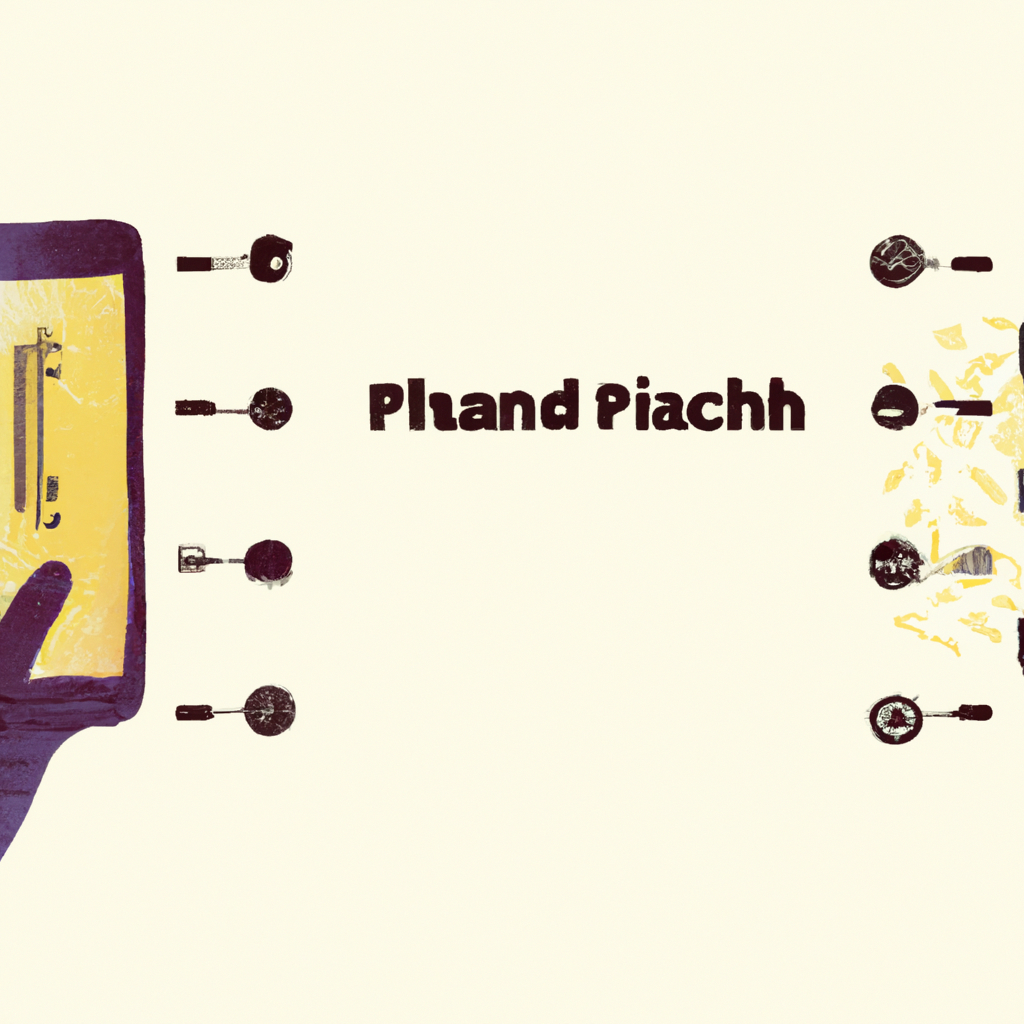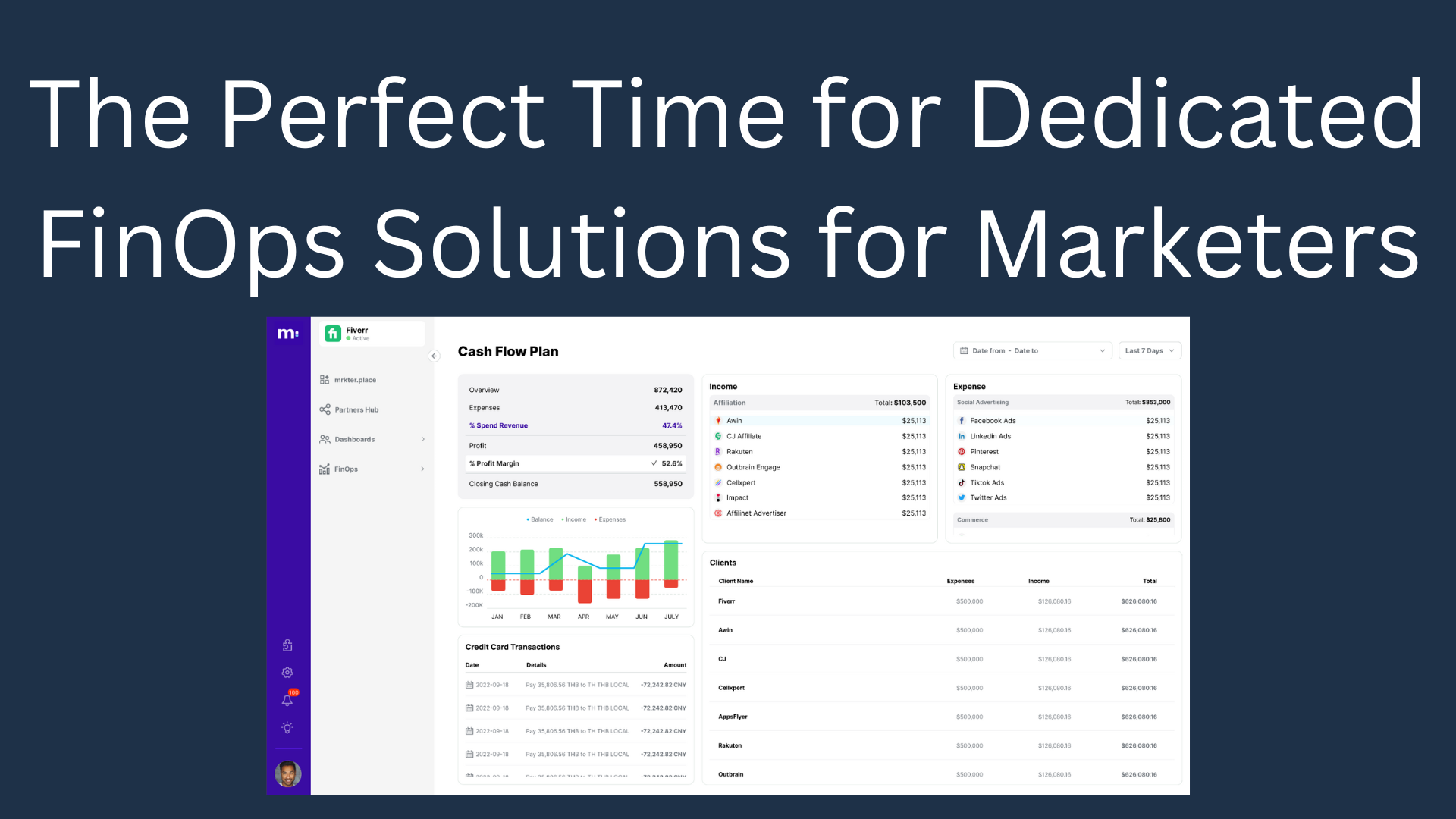
How fintech is changing the way we give and receive payments
-
Table of Contents
“Fintech: Revolutionizing Payments for a Smarter, Faster Future”
Introduction
Fintech, or financial technology, is revolutionizing the way we give and receive payments. It is transforming the traditional banking system by providing more efficient, secure, and cost-effective payment solutions. Fintech is making it easier for businesses and individuals to send and receive payments, and it is also providing new opportunities for entrepreneurs to create innovative payment solutions. From mobile payments to cryptocurrency, fintech is changing the way we pay for goods and services. This article will explore how fintech is transforming the way we give and receive payments.
Exploring the Benefits of Fintech for Payment Processing
The emergence of fintech has revolutionized the way businesses process payments. Fintech, or financial technology, is a term used to describe the use of technology to improve financial services. This technology has enabled businesses to streamline their payment processing, making it faster, more secure, and more cost-effective.
One of the primary benefits of fintech for payment processing is speed. Fintech solutions allow businesses to process payments quickly and securely. This is especially beneficial for businesses that need to process large volumes of payments in a short amount of time. Fintech solutions also enable businesses to process payments in real-time, meaning that customers can receive their payments almost immediately.
Another benefit of fintech for payment processing is security. Fintech solutions use advanced encryption technology to protect customer data and ensure that payments are secure. This helps to reduce the risk of fraud and other security issues. Additionally, fintech solutions can help businesses comply with data privacy regulations, such as the General Data Protection Regulation (GDPR).
Finally, fintech solutions can help businesses save money. Fintech solutions are often more cost-effective than traditional payment processing methods. This is because fintech solutions often require fewer resources and personnel to operate. Additionally, fintech solutions can help businesses reduce their transaction fees, as they often offer lower rates than traditional payment processing methods.
In conclusion, fintech offers numerous benefits for payment processing. Fintech solutions enable businesses to process payments quickly and securely, while also helping them save money. As such, businesses of all sizes should consider implementing fintech solutions to streamline their payment processing.
How Fintech is Revolutionizing the Payment Industry
The payment industry is undergoing a revolution, thanks to the emergence of fintech. Fintech, or financial technology, is a term used to describe the use of technology to improve financial services. This includes everything from mobile banking to cryptocurrency. Fintech is transforming the way people make payments, making it faster, easier, and more secure.
One of the most significant changes that fintech has brought to the payment industry is the emergence of digital payments. Digital payments allow customers to make payments online or through their mobile devices. This eliminates the need for cash or checks, making payments more convenient and secure. Digital payments also allow customers to make payments from anywhere in the world, making international payments much easier.
Another way that fintech is revolutionizing the payment industry is through the use of blockchain technology. Blockchain is a distributed ledger technology that allows for secure and transparent transactions. This technology is being used to create digital currencies, such as Bitcoin, which are becoming increasingly popular. Blockchain technology also allows for faster and more secure payments, as well as the ability to track payments in real-time.
Fintech is also making it easier for businesses to accept payments. Payment processing companies, such as Stripe and Square, are making it easier for businesses to accept payments online. These companies provide businesses with the tools they need to accept payments quickly and securely. This makes it easier for businesses to accept payments from customers, no matter where they are located.
Finally, fintech is making it easier for customers to manage their finances. Companies such as Mint and Acorns are providing customers with the tools they need to manage their finances. These companies provide customers with budgeting tools, investment advice, and other financial services. This makes it easier for customers to manage their finances and make informed decisions about their money.
Overall, fintech is revolutionizing the payment industry. It is making payments faster, easier, and more secure. It is also making it easier for businesses to accept payments and for customers to manage their finances. Fintech is transforming the way people make payments, and it is only going to become more important in the future.
The Impact of Fintech on Payment Security
The emergence of fintech has revolutionized the way payments are made and received. Fintech, or financial technology, is the use of technology to provide financial services. It has enabled businesses to offer more secure and efficient payment solutions.
Fintech has had a significant impact on payment security. It has enabled businesses to offer more secure payment solutions by utilizing advanced encryption technology and other security measures. This has made it more difficult for hackers to access sensitive financial information.
Fintech has also enabled businesses to offer more secure payment solutions by utilizing biometric authentication. This technology uses a person’s unique physical characteristics, such as fingerprints or facial recognition, to verify their identity. This makes it more difficult for hackers to gain access to sensitive financial information.
Fintech has also enabled businesses to offer more secure payment solutions by utilizing tokenization. This technology replaces sensitive payment information with a unique token, making it more difficult for hackers to access the data.
Finally, fintech has enabled businesses to offer more secure payment solutions by utilizing two-factor authentication. This technology requires users to provide two pieces of information, such as a password and a code sent to their phone, to verify their identity. This makes it more difficult for hackers to gain access to sensitive financial information.
In conclusion, fintech has had a significant impact on payment security. It has enabled businesses to offer more secure payment solutions by utilizing advanced encryption technology, biometric authentication, tokenization, and two-factor authentication. This has made it more difficult for hackers to access sensitive financial information.
The Future of Fintech and Payment Solutions
The future of fintech and payment solutions is an exciting one. As technology continues to evolve, so too do the ways in which we can make payments and manage our finances. Fintech and payment solutions are becoming increasingly sophisticated, offering users more convenience, security, and control over their finances.
One of the most significant developments in the fintech and payment solutions space is the emergence of digital wallets. Digital wallets allow users to store their payment information in a secure digital environment, making it easier to make payments and manage their finances. Digital wallets are becoming increasingly popular, as they offer users the convenience of making payments without having to carry cash or cards.
Another major development in the fintech and payment solutions space is the emergence of blockchain technology. Blockchain technology is a distributed ledger system that allows users to securely store and transfer data. This technology has the potential to revolutionize the way we make payments and manage our finances, as it offers users greater security and transparency.
In addition, artificial intelligence (AI) is becoming increasingly important in the fintech and payment solutions space. AI can be used to automate processes, such as fraud detection and customer service, making it easier for users to manage their finances. AI can also be used to provide personalized financial advice, helping users make better decisions about their finances.
Finally, the emergence of open banking is transforming the way we manage our finances. Open banking allows users to securely share their financial data with third-party providers, such as banks and fintech companies. This data can then be used to provide users with more personalized services, such as budgeting tools and investment advice.
The future of fintech and payment solutions is an exciting one, as new technologies continue to emerge and evolve. These technologies are making it easier for users to manage their finances and make payments, while also providing them with greater security and control over their finances. As these technologies continue to develop, we can expect to see even more innovative and convenient solutions in the future.
Understanding the Role of Fintech in Payment Innovation
Fintech, or financial technology, is a rapidly growing sector of the global economy that is revolutionizing the way people and businesses make payments. Fintech is a broad term that encompasses a wide range of technologies, including mobile payments, digital wallets, blockchain, and artificial intelligence. These technologies are transforming the way payments are made, received, and processed, and are having a profound impact on the global payments industry.
The emergence of fintech has enabled businesses to offer more efficient and secure payment solutions to their customers. Mobile payments, for example, allow customers to make payments quickly and securely using their smartphones. Digital wallets, such as Apple Pay and Google Pay, allow customers to store their payment information in a secure digital environment, eliminating the need to carry cash or cards. Blockchain technology is also being used to facilitate secure and transparent payments, allowing for faster and more secure transactions.
Fintech is also driving innovation in the payments industry. Artificial intelligence is being used to automate payments, allowing businesses to process payments faster and more accurately. Additionally, fintech is enabling businesses to offer more personalized payment experiences to their customers. For example, businesses can use data analytics to better understand their customers’ payment preferences and offer tailored payment solutions.
Fintech is revolutionizing the payments industry and is enabling businesses to offer more efficient and secure payment solutions to their customers. By leveraging the latest technologies, businesses can offer more personalized payment experiences and process payments faster and more securely. As the payments industry continues to evolve, fintech will continue to play an important role in driving innovation and transforming the way payments are made.
Q&A
1. How is fintech changing the way we give and receive payments?
Fintech is revolutionizing the way we give and receive payments by making it easier, faster, and more secure. Fintech companies are leveraging the latest technologies such as blockchain, artificial intelligence, and machine learning to create innovative payment solutions that are more efficient and cost-effective than traditional payment methods. These solutions include digital wallets, peer-to-peer payments, mobile payments, and more.
2. What are the benefits of using fintech for payments?
The benefits of using fintech for payments include increased security, faster processing times, lower transaction fees, and greater convenience. Fintech solutions are also more accessible, allowing people to make payments from anywhere in the world. Additionally, fintech solutions are often more cost-effective than traditional payment methods, making them attractive to both businesses and consumers.
3. What are some of the risks associated with fintech payments?
As with any technology, there are risks associated with fintech payments. These include the potential for fraud, data breaches, and cyberattacks. Additionally, fintech solutions may not be as widely accepted as traditional payment methods, which could limit their use.
4. How can I ensure my payments are secure when using fintech?
When using fintech for payments, it is important to ensure that the payment platform is secure. Look for platforms that use encryption and other security measures to protect your data. Additionally, make sure to only use trusted payment providers and read the terms and conditions of any payment service you use.
5. What are some of the most popular fintech payment solutions?
Some of the most popular fintech payment solutions include digital wallets, peer-to-peer payments, mobile payments, and cryptocurrency. Digital wallets allow users to store and manage their payment information in one place, while peer-to-peer payments allow users to send and receive money directly from one another. Mobile payments allow users to make payments using their smartphones, and cryptocurrency is a digital currency that can be used to make payments online.
Conclusion
Fintech is revolutionizing the way we give and receive payments. It is making payments faster, more secure, and more convenient than ever before. With the rise of mobile payments, digital wallets, and other innovative technologies, fintech is transforming the way we transact and interact with money. As the technology continues to evolve, it is likely that fintech will continue to shape the future of payments.


